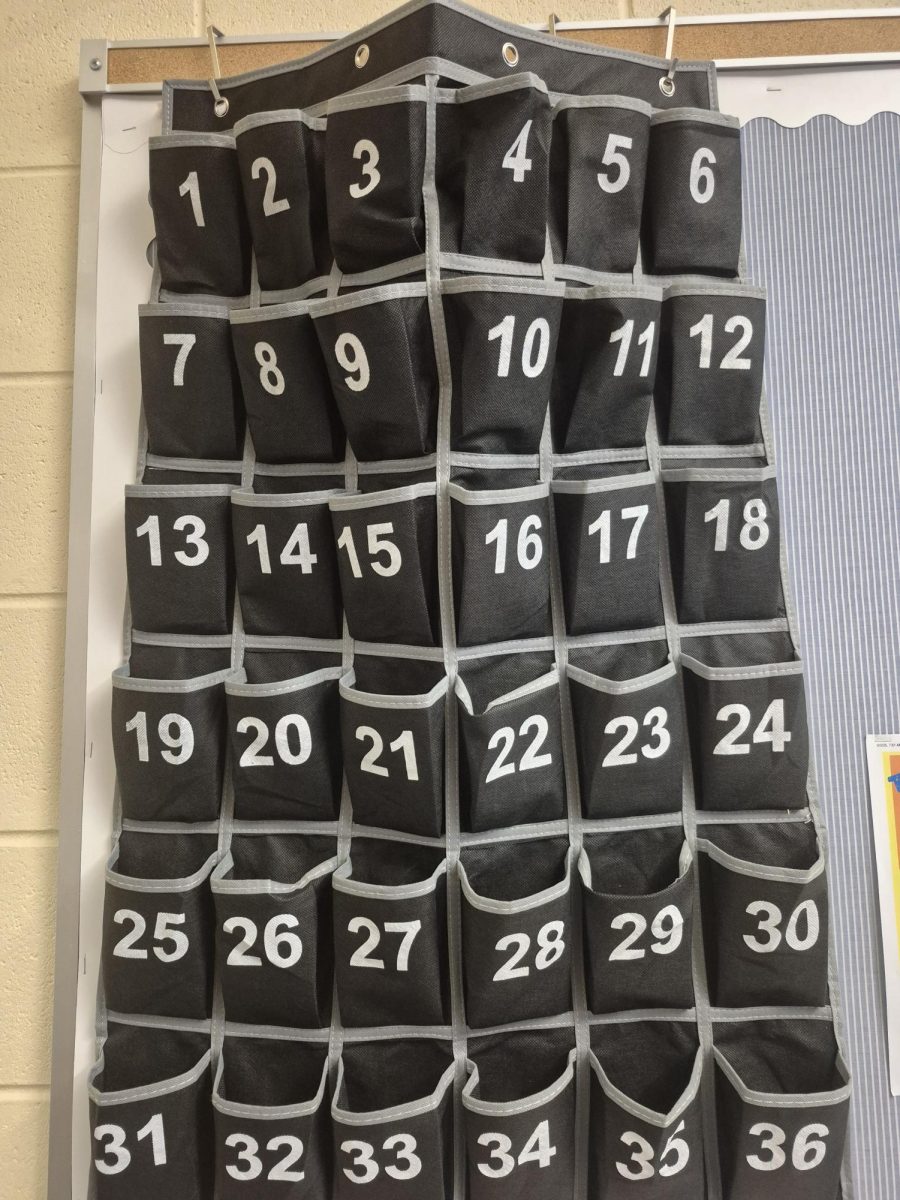Picture this scene: a classroom full of students, standing in unison, hands over hearts, reciting the Pledge of Allegiance. It’s a familiar ritual in schools across the country, but beneath its surface lies a contentious debate. Should students still stand for the Pledge of Allegiance? This question has sparked discussions in classrooms and living rooms alike.
In an informal survey, it was discovered that 60% of West Ottawa students choose not to stand for the Pledge of Allegiance every morning. Some students have personal beliefs or political views as reasons to not stand for the Pledge of Allegiance.
For instance some feel that the Pledge represents a form of forced patriotism, which they view as contrary to the principles of freedom and individual rights, even considering it “cult-ish,. Jr. Ise Badran said, “I’m disappointed in the country’s actions/governing recently as well as how awful our backstory is, so I don’t feel comfortable pledging my allegiance to it.” Badran is one of many students at West Ottawa who consider the Pledge of Allegiance an inappropriate ritual in public schools.
On the other hand, many who choose to stand for the Pledge see it as a sign of respect for the country and those who have fought to defend its values. They argue that standing together as a class serves as a daily reminder of the freedoms and opportunities that this country fights for. “I’ll always stand for the Pledge because it shows respect for all of the soldiers who gave their lives for our freedom. People stand for the Pledge out of respect; whoever sits during it is trying to get respect by disrespecting,” Jr. Olivia Luhmann said.
The divide over the Pledge of Allegiance raises questions about the role of patriotism in education, the nature of respect, and the boundaries of free expression.
The debate also touches on legal considerations. The Supreme Court ruled in 1943 In West Virginia State Board of Education v. Barnette that students cannot be compelled to salute the flag or recite the Pledge, underlining the right to free speech. This ruling is the basis of the argument for those who chose to not participate, strengthening their stance with legal backing.
Students like Badran see their choice as a form of peaceful protest, an exercise of their rights intended to draw attention to issues they believe to be important. Others, like Luhmann, see their participation as a reaffirmation of their belief in the country’s sacrifices made for its freedoms.
For now, West Ottawa stands as a perfect example of the ongoing conversation about what it means to be American, and how young people are shaping the future of patriotism and civic responsibility.







